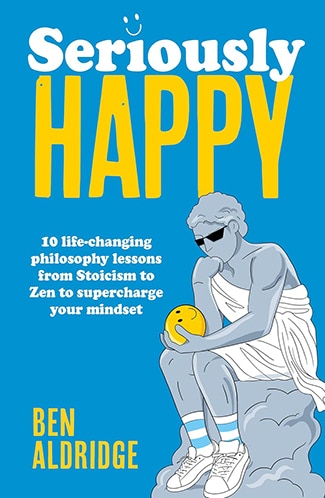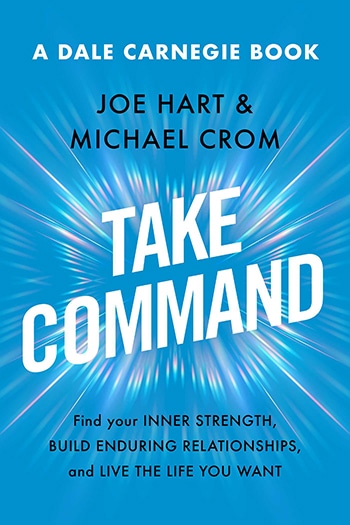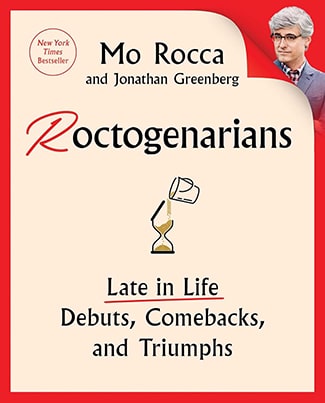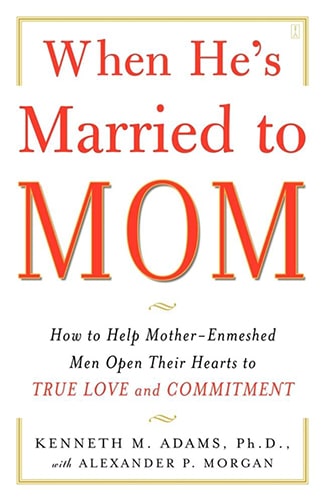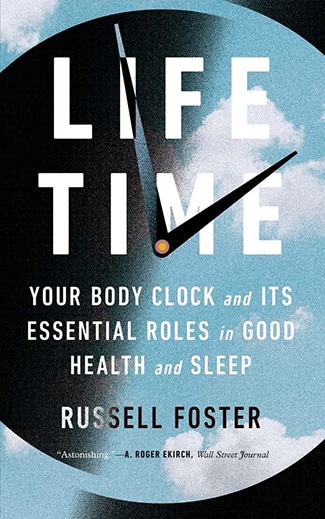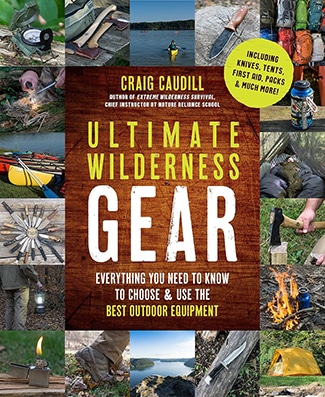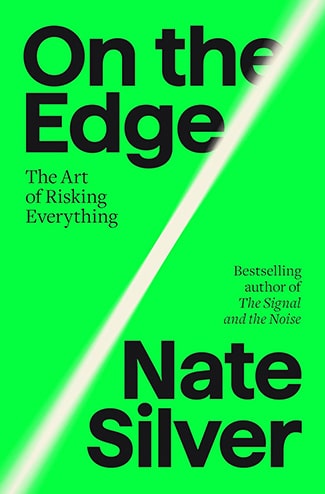Podcast Summary
Flexible dieting: Flexible dieting allows for personalized choices in fat and carb consumption while staying within a caloric deficit and hitting protein targets, leading to sustainable weight loss and improved muscle retention
Rigidly sticking to a specific diet for weight loss may not be effective and can lead to regaining the weight. A better approach, as suggested by Alan Aragon, is flexible dieting, which involves staying within a caloric deficit and hitting protein targets while allowing for personalized choices in fat and carb consumption. This method can lead to sustainable weight loss and improved muscle retention. Additionally, it's important to understand the importance of maintaining muscle tissue and enjoying your diet to ensure long-term success. According to research, only about 20% of dieters are able to keep the weight off in the long term, and this is often due to a lack of understanding about maintaining muscle tissue and enjoying the diet.
Rigid vs Flexible Dieting: Rigid diets can lead to psychological fatigue, obsessive behavior, and eventual abandonment, while flexible diets allow for more variety and sustainability in weight loss
Rigid dieting, which involves viewing foods as good or bad and sticking strictly to a set diet plan, can make it harder to keep weight off long-term. Instead, a flexible dieting approach, which allows for more variety and doesn't label foods as good or bad, may be more effective for sustainable weight loss. Rigid diets can lead to psychological fatigue, obsessive behavior, and eventual abandonment of the diet. It's important to find an eating routine that is enjoyable and can be sustained over time, even if it requires being in a caloric deficit. Flexible dieting allows for more flexibility in food choices while still encouraging a caloric deficit for weight loss.
Macronutrient flexibility for weight loss: Hitting daily protein and caloric goals is crucial for weight loss, while flexibility lies in the choice of carbohydrate and fat sources. Healthy options for each macronutrient can support weight loss and long-term success.
While different diet paradigms like keto or high carb low fat have varying recommendations for macronutrient proportions, what truly matters for weight loss is hitting your daily protein and caloric goals. Flexibility lies in the choice of carbohydrate and fat sources. A healthy keto model emphasizes healthy fats from sources like avocado, olive oil, nuts, seeds, and lean proteins, while a high carb low fat diet requires careful attention to carb source selection. The speaker's personal experience of using "if it fits your macros" for both weight gain and loss demonstrates the effectiveness of this approach, which allows for flexibility and enjoyment of food while maintaining weight loss goals. Additionally, research supports the benefits of planned hedonic deviations and being less rigid at the beginning to develop a better understanding of portion sizes for long-term success.
Flexible dieting and protein intake: Determine ideal body weight to calculate protein needs (0.7-1.0g/lb), choose high-quality protein sources (animal or plant), and avoid excessive soy protein isolate consumption (>60g/day).
Flexible dieting allows for individualized approaches to macronutrient goals, particularly protein intake, while staying within a caloric deficit for weight loss. It's essential to determine target body weight to calculate protein needs, with a range of 0.7 to 1.0 grams per pound of ideal body weight. Animal sources like meat, fish, poultry, dairy, eggs, and dairy-based protein powders are typically the highest quality protein sources, but plant sources like legumes, beans, peas, and pea-based protein powders are also effective. Soy protein, despite some concerns about estrogen levels, is still a high-quality protein source when consumed in typical amounts as part of whole foods. The potential risks of hormonal impacts only arise when relying heavily on soy protein isolate supplements, exceeding about 60 grams per day.
Plant-based protein and muscle building: Both plant- and animal-based proteins can build muscle, but vegans may need more planning to meet daily protein requirements due to lower essential amino acid proportions. A minimum carb intake for muscle gain is around 1 gram per pound of body weight.
Both animal and plant-based sources of protein can be effective for building muscle, as shown in studies comparing vegan and omnivore groups. However, meeting the recommended protein intake of 0.7-1.0 grams per pound of body weight may require more planning for those on a plant-based diet due to lower essential amino acid proportions. Regarding carbs, while they can be effective for weight loss, long-term health implications and sustainability should be considered. A minimum carb intake for muscle gain might be around 1 gram per pound of body weight, but individual needs may vary. Overall, a balanced approach to nutrition that includes both protein and carbs, along with other essential nutrients, is recommended for optimal health and fitness goals.
Ketogenic diet and muscle growth: While a ketogenic diet can lead to muscle gain, it's not the most efficient way due to lower glycogen levels and suboptimal lifting capacity. For optimal muscle growth, find a caloric deficit while ensuring adequate protein intake and maintaining 20% of calories from fat for hormone production.
While it's possible to gain muscle on a ketogenic diet, it's not the most optimal or efficient way due to lower muscle glycogen levels and suboptimal lifting capacity. Carbohydrates play a crucial role in muscle growth, and every gram of glycogen stored in muscles comes with almost four parts of water. For those aiming to lose fat and build muscle, it's essential to find a caloric deficit while ensuring adequate protein intake. Fat also plays a significant role in hormone production, including testosterone, and maintaining a minimum of 20% of total calories from fat is recommended to preserve testosterone levels. To determine the optimal caloric intake for weight loss or muscle gain, tracking food intake or using an online calculator can help establish maintenance calories, and creating a caloric deficit of 10-20% below maintenance is a safe and efficient approach.
Effective weight loss: Create a caloric deficit while maintaining a protein intake of 1g/lb target body weight. Fill remaining calories with carbs and healthy fats (20% from fat). Progress may not be linear and taking breaks can help prevent burnout.
For effective weight loss, it's essential to create a caloric deficit while maintaining a protein intake of about one gram per pound of your target body weight. The remaining calories can be filled with carbohydrates and healthy fats. Aim for at least 20% of total calories from fat, and consider a flexible approach to your diet. Progress may not be linear, and fluctuations are normal. Every five to ten pounds lost may take a couple of months. Taking a week off the diet every four to eight weeks can help prevent psychological fatigue. For more information, visit Alan Aragon's website, AlanAragon.com. His book, "Flexible Dieting," is available on Amazon.com.

